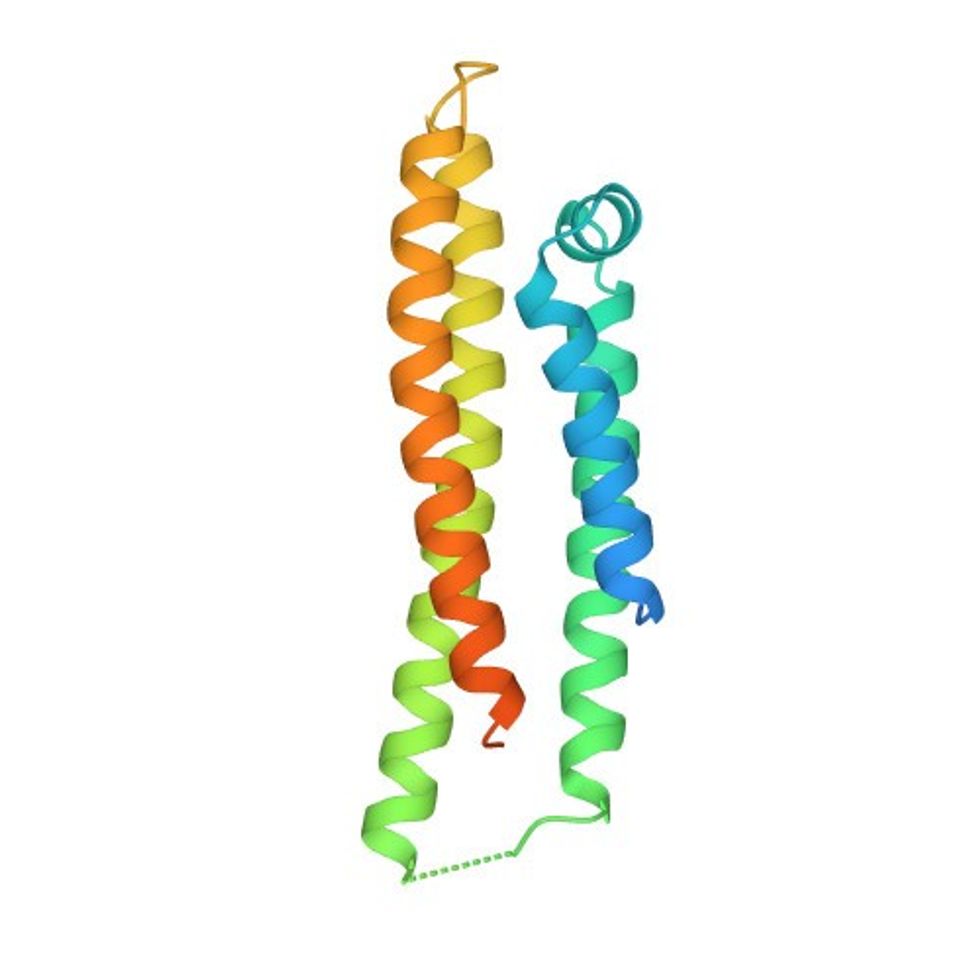Alzheimers: New study points to early warning sign of condition

Those who carry the APOE e4 gene are more likely to lose cognitive functions
|Hippopx

People who carry a gene variant associated with Alzheimer's are likely to lose their sense of smell before cognifitive functions
Don't Miss
Most Read
A new study into Alzheimer’s has found that loss of smell can be an early warning sign of the disease.
The study, published yesterday, showed that those who carry a gene variant associated with the strongest risk of the disease may lose their ability to detect smells before losing cognitive function.
People with the APOE e4 gene are 37 per cent more likely to lose their sense of smell and cognitive abilities than those without the gene.
Dr Matthew S. Goodsmith, study author from the University of Chicago said: “Testing a person’s ability to detect odours may be a useful way to predict future problems with cognition”.

A new study has found that testing a person's ability to smell may be a way to predict a future diagnosis of Alzheimer's
|PickPik
Researchers from the University of Chicago followed 865 US adults for 10 years.
They tested their genes, as well as their ability to smell and think.
The participants took an at-home survey to evaluate their sense of smell.
Researchers also took samples to see who had genes associated with a higher Alzheimer’s risk.
Those that carried the APOE e4 gene began to struggle to detect smells between ages 65-69.
Those without the gene mutation began to lose their ability to smell a decade later.

The APOE e4 gene has an increased risk of dementia
|Wikimedia Commons
The study found that cognitive function and their ability to identify odours declined far more quickly in those carrying the APOE e4 gene.
Participants with at least one copy of APOE e4 were 37 per cent more likely to have poorer smell detection than those who didn’t carry it.
The APOE gene comes in several different forms, or alleles: APOE e2, APOE e3, and APOE e4.
Each person inherits two APOE genes from both biological parents.
Not all APOE genes are associated with dementia, but APOE e4 does have an increased risk of the disease.
This is the same gene that Hollywood actor Chris Hemsworth revealed he had two copies of last year.
The 39-year-old star is among just two to three per cent of the population who are ten times more likely to develop the disease, than those without the APOE e4 gene.
The Thor actor clarified it wasn’t a diagnosis of Alzheimer's, but a likely sign of later development.
“It’s not a pre-deterministic gene, but it is a strong indication,” he told Vanity Fair in November last year.
The study published just yesterday builds on previous research which has linked smell to cognitive impairment.
The Journal of Alzheimer’s disease discovered last year that those who detected less odours, had a 22 per cent higher chance of losing their cognitive functions.
Dementia is an umbrella term which is used to describe different disorders which affect the brain progressively.
These disorders affect memory, thinking and behaviour.
The World Health Organisation (WHO) has said that Alzheimer’s disease accounts for 60 to 70 per cent of dementia cases.
Those who suffer with dementia are often impaired with memory loss, confusion and difficulty in community and performing tasks, to name a few.










